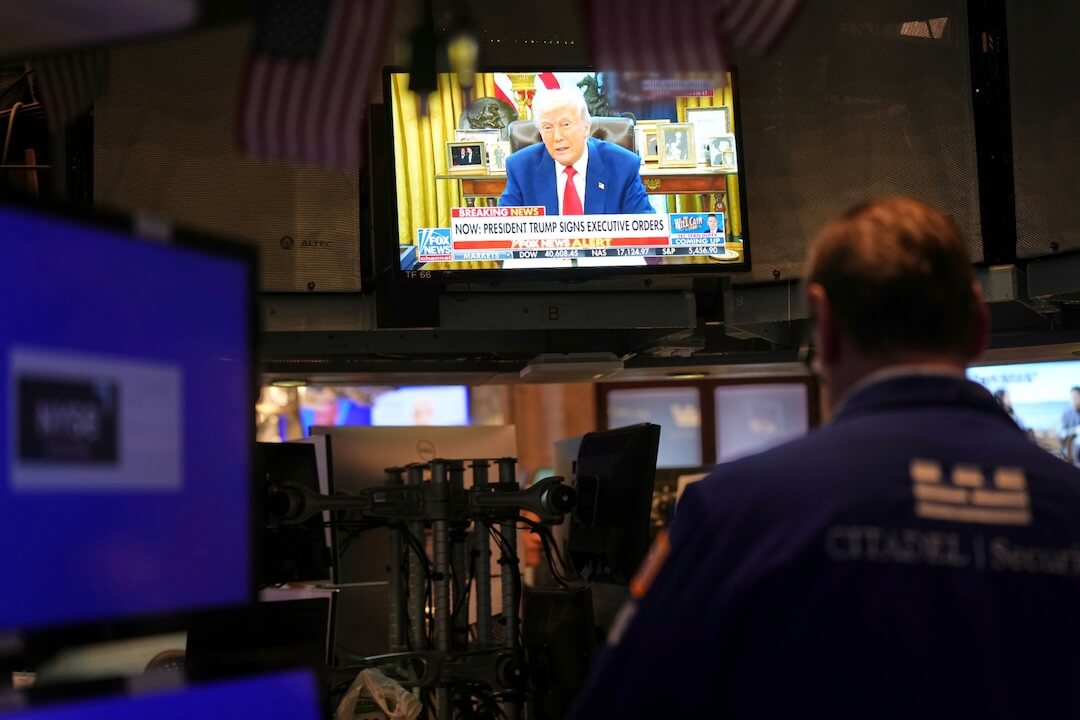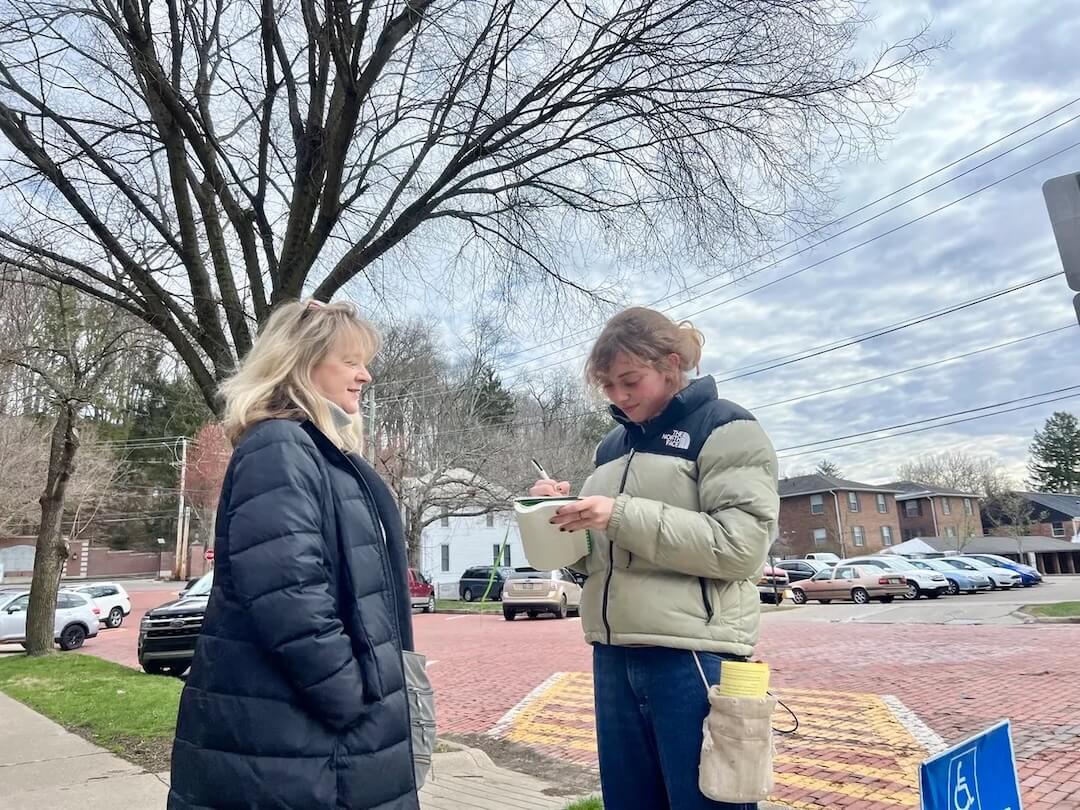The first ever IFCN Talks panel looked at the recent spate of social media deplatformings, with researchers Lucas Graves, professor at the University of Wisconsin-Madison and Francisco “Chico” Brito Cruz, director of Brazil’s Internet Lab, both arguing for clearer guidelines from social media platforms about how they decide to deplatform people.
“This is one thing that needs to be regulated mostly to provide some value-based principles and some transparency about the activity,” Cruz said. But he said civil society needs to go a step further by taking enforcement action out of the hands of social media platforms.
He suggested that, first, society should think about and perhaps regulate how politicians can use social media. He said this would bring power back to citizens.
Graves built on Cruz’s point, referencing Facebook’s new Oversight Board saying its rulings can give the public more insight into these decisions.
“That allows a kind of smart conversation about what sort of standards make sense for different kinds of speech in different political environments,” Graves said.
[the_ad id=”667826″]
This first IFCN Talks panel is part of a larger effort by the International Fact-Checking Network to engage both the fact-checking community and public in conversations usually reserved for the IFCN’s annual Global Fact conference. 2020’s Global Fact 7 was held virtually for the first time due to COVID-19, which enabled the IFCN to expand the number of speakers and participants.
The IFCN Talks conversation turned to the role fact-checkers might play in cases of social media deplatforming. IFCN Associate Director Cristina Tardáguila asked Graves and Cruz whether fact-checkers’ transparent methodologies could be an asset in some of these discussions. Graves said yes.
“The more that we can have fact-checkers’ work used as evidence in making these decisions in a public way, the better we are,” he said. “That’s exactly the direction fact-checking should be built as a public institution.”
Graves acknowledged that fact-checkers stepping into this role could expose them to more threats and harassment. Cruz stepped in to say fact-checkers shouldn’t be used as a stand-in for decisions made by social media companies.
“Companies shouldn’t use fact-checking as a shield to their value based decisions. They should stand for that,” Cruz said. “We need to push back on every attempt to make fact-checkers liable for these decisions. They are not liable.”
He argued social media companies should make deplatforming decisions based on whether a user violates a clearly articulated set of values rather than whether they egregiously spread factually incorrect information. “If they want to use fact-checkers as part of that process, OK, but that final decision is theirs,” Cruz said.







